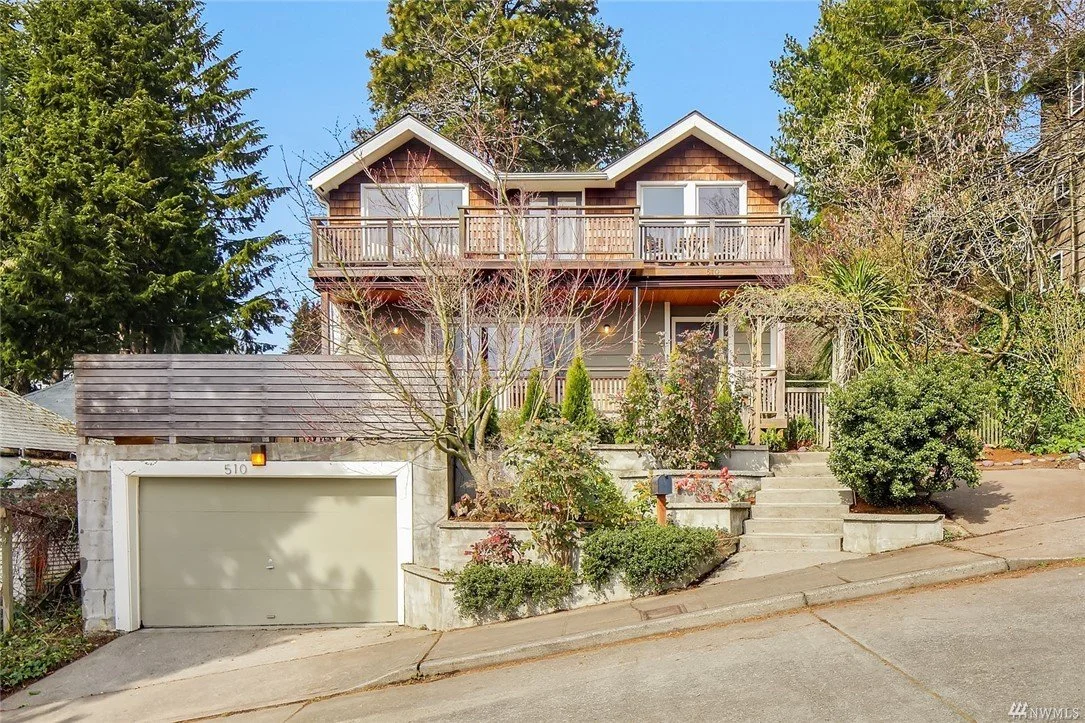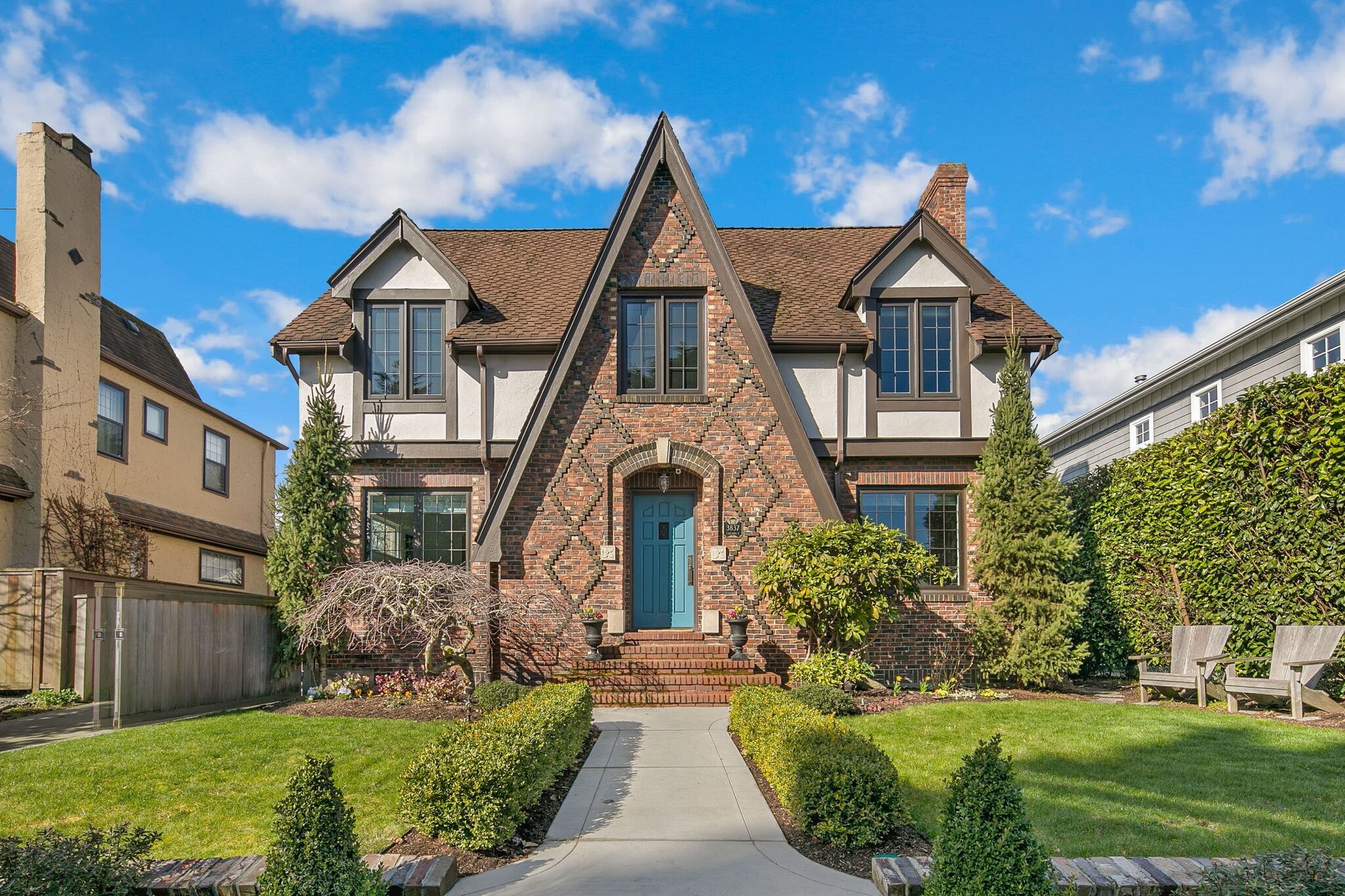Real Estate as a Legacy: Passing Down Wealth and Property to the Next Generation in Washington State
Disclaimer
The information provided in this article is for general informational purposes only and should not be construed as legal, financial, or tax advice. Real estate transactions and title issues can be complex, and individual situations can vary widely. It's essential to consult with a qualified estate attorney and a tax professional to address your specific circumstances and ensure that your interests are well-represented and protected. Always seek expert guidance before making decisions based on the content of this or any other informational article.
Real estate is more than just bricks and mortar. For many, it's a legacy, a tangible asset that not only houses memories but also holds significant financial value. In the beautiful state of Washington, with its thriving real estate market, especially in Seattle and surrounding communities, properties are more than just homes; they're investments for the future. Here, we delve into the significance of passing down this asset and the intricacies involved in ensuring a seamless transition.
The Value of Real Estate in Washington State
A Solid Investment: The property market in areas like Seattle, Bellevue, and Redmond has consistently shown positive growth. Investing in real estate here is not just about having a place to call home, but also about building financial stability.
Emotional Worth: Beyond the financial gains, a home is a repository of memories, milestones, and familial history, making it an invaluable emotional asset.
Strategies for Passing Down Real Estate
Wills: The most common method for property transfer, drafting a will ensures that upon your demise, the property goes to the heir(s) you've designated.
Living Trusts: Unlike wills, living trusts avoid probate, allowing for a more direct transfer of property. They offer privacy and can be more flexible in terms of managing the property.
Joint Tenancy: This allows homeowners to share property ownership with their chosen heir, ensuring that upon their passing, the property directly goes to the joint tenant.
Gift: For those who wish to see their heirs benefit from the property while they're still alive, gifting is an option. However, it's essential to understand the tax implications.
Tax Implications to Consider
Transferring property isn't just about signing over deeds; there are significant tax considerations. It's crucial to understand the potential inheritance taxes, property taxes, and capital gains taxes that might apply. Consulting with a tax professional can provide clarity.
Benefits of Passing Down Real Estate
Financial Stability for Heirs: Real estate in Washington, especially in sought-after regions like Seattle and Tacoma, is an appreciating asset. Transferring property can set the next generation on solid financial ground.
Preservation of Legacy: Real estate allows families to maintain a tangible connection to their past, ensuring that ancestral homes and lands remain within the family.
Ensuring a Smooth Transition
While the intention of passing down property is noble, the process can sometimes be laden with legal and emotional complexities. Working with experienced professionals, from real estate brokers to legal experts, can help.
Home Valuation: Before making any decisions, get a comprehensive home price evaluation. Understanding the market value ensures informed decisions, whether you're gifting, selling, or transferring the property.
Legal Clarity: Ensure that all legal documentation, from wills to trusts, is clear and void of potential disputes.
Next Steps for the Heirs
For those inheriting property, the journey doesn't end with the transfer of deeds. It's about making the property their own while respecting its legacy. This might mean renovations, renting it out for income, or even selling to purchase something more fitting. No matter the path chosen, the real estate remains a legacy, a testament to the generation that came before.
In Partnership for Your Legacy
At Pronin Home Group, we recognize the profound significance of real estate, not just as a financial asset but as a legacy. If you're looking to understand the value of your property or need guidance on how best to pass it down, we're here for you. Moreover, as you embark on this journey, remember that we can also assist in finding the perfect next home, encapsulating new memories and moments for generations to come.
Reach Out for the Next Chapter
Your legacy is precious, and ensuring it passes on seamlessly is our commitment. Let's work together to make sure the next generation benefits from the wisdom of your investments and the warmth of the memories your property holds.








































































